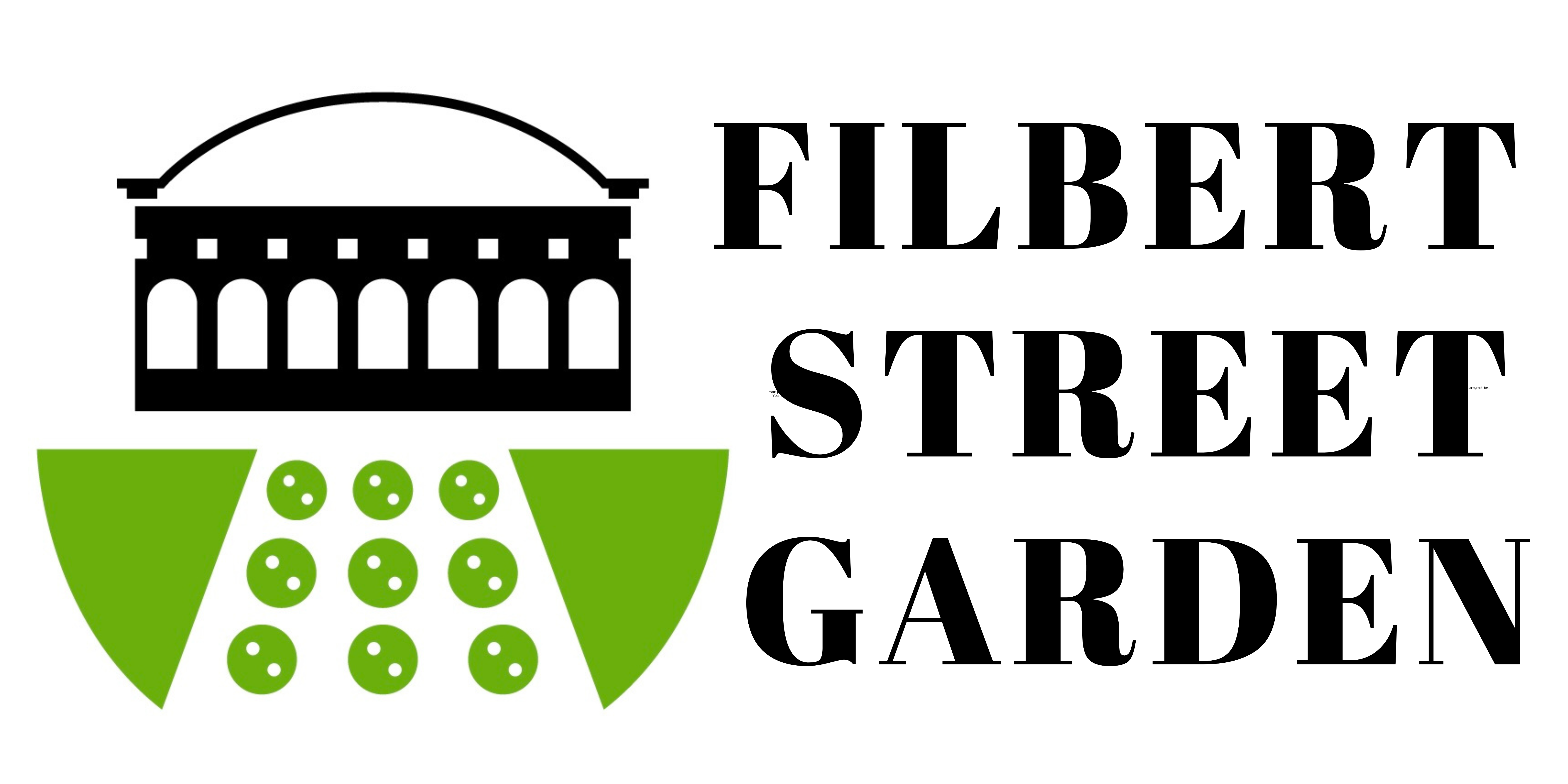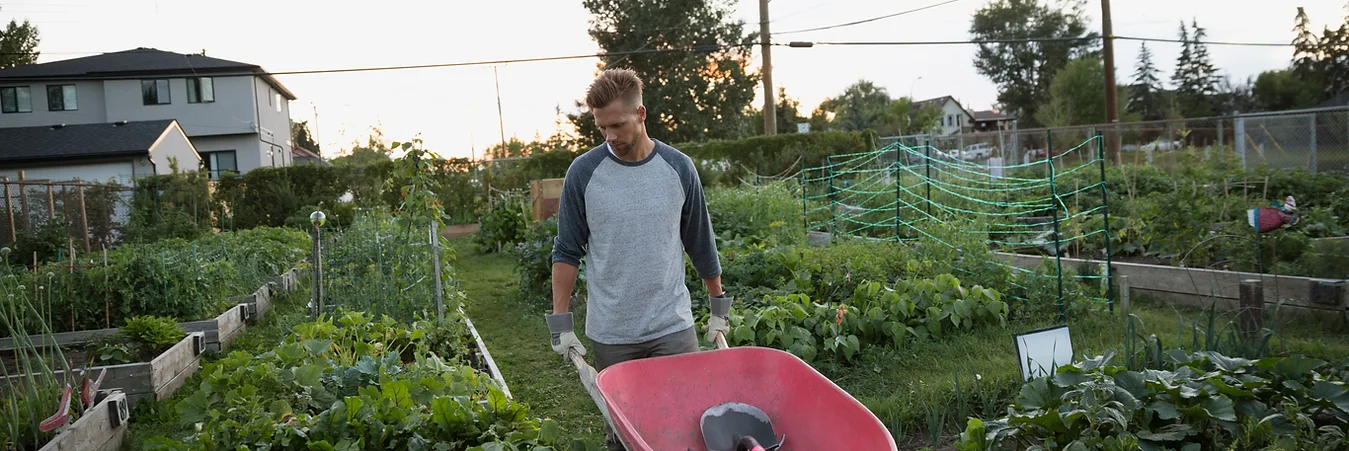Animal Corner with Charles: Animals Trying to Beat the Heat!

As we enter high summer, our animal husbandry program is on the look out for heat injuries among our animals.
Our fowl and waterfowl can often be found flopping in the shade with their wings held up to let heat escape their bodies.

Our goats and sheep are usually lying in the shade or in front of the industrial fan during the hottest parts of the day.
All of our animals “pant”. Their mouths open and their breath hard to exhale heat from their bodies. The ability to sweat is rare in the animal kingdom. Only horses, monkeys, apes (including humans), and hippos can sweat to cool themselves.
Heat injuries are extremely dangerous for animals and are often a sign of neglect. Like all other injuries, the prevention is preferable to the cure. The garden takes the following steps to reduce the likelihood of heat injuries.
- The garden has shade in each and every habitat. Lack of shade structures and/or foliage can easily injure or kill animals.
- Clean water is abundant for both drinking and bathing. Both mammals and avians can dehydrate quickly in the intensity of Maryland’s summers.
- Our goat barn has a ventilation fan running 24/7 throughout summer and autumn. The goat play area has a large industrial fan during the hottest hours of the day.
Each week we carefully monitor temperatures and often check the cameras for signs of heat exhaustion, heat cramps, or heat stroke in our animals.







